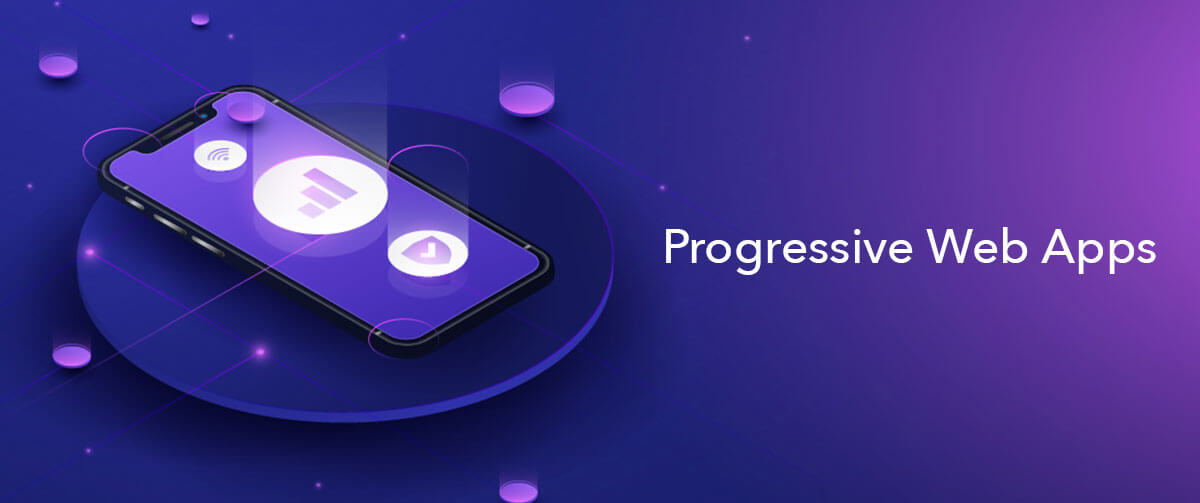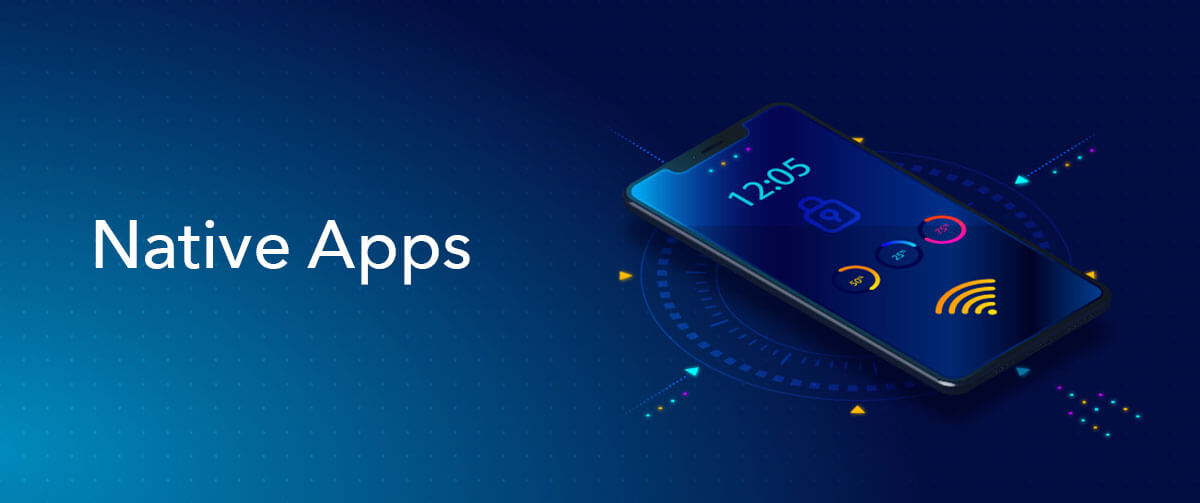Mobile First Technologies Comparison
Do you have a magento website and you intent to present something more than a responsive website for mobile users ? in case you are curious about more enhanced user experience and performance for mobile users here is the detailed comparison for mobile first technologies that can help you decide.
| Features | Native Mobile App | Magento PWA Studio | Vue StoreFront | ScandiPWA | Hyva |
|---|---|---|---|---|---|
| Offline Support | ✓ | ✓ via Workbox | ✓ full | ✓ | ❌ |
| Indexable by search engines | ❌ | ✓ | ✓ | ✓ through prerender.io | ✓ |
| No download required | ❌ | ✓ | ✓ | ✓ | ✓ |
| Doesn’t requires update | ❌ | ✓ | ✓ | ✓ | ✓ |
| Available on market places | ✓ | ✓ | ✓ | ✓ | ❌ |
| Cross platform | ❌ | ✓ | ✓ | ✓ | ❌ |
| Geo location | ✓ | ✓ with API integration | ✓ with API integration | ✓ depends on version | ❌ |
| Push Notification | ✓ | ✓ Android Only | ✓ Android Only | ✓ | ❌ |
| Development efforts | 4 weeks (starting from Mobile App builder code) | 2-4 months | 8 weeks | 8 weeks | 8 weeks |
| SEO IMPACT | ❌ | ✓ | - | ✓ SSR | ✓ |
| Performance | Highest | High | medium | medium | High |
| Consumer Data Access | ✓ | ❌ | ❌ | ❌ | ❌ |
| SPA | ✓ | ✓ | ✓ | ✓ | ❌ |
| Headless | ✓ | ✓ | ✓ | ✓ | ❌ |
| RTL support | ✓ | ✓ | ✓ Depends on version | ✓ | ❌ |
| Multi lingual | ✓ | ✓ | ✓ | ✓ | ❌ |
| Third party plugins | ✓ | ✓ | ✓ | ✓ | ✓ |

Advantages of Progressive Web Apps
![]()
Accessibility
A great advantage of PWAs over native apps is that they're independent from app stores. Since 25 percent of smartphone users delete apps due to lack of storage space, this independence can be a great advantage. Customers don't need to download PWAs and use lots of space. All that's required is a web browser.
![]()
Autonomous Functionality
A PWA can work in offline mode, giving users access to the online store at any time and keeping them always up to date.
![]()
SEO Optimization
PWAs have URLs and, consequently, are indexed by Google. That means customers can easily find a PWA using a search engine.
![]()
Cheap and Fast Development
PWAs are cheaper, faster, and easier to develop than native apps. Developing native apps from scratch requires specific technologies for both platforms. In the case of a PWA, all that's required is HTML, CSS, and JavaScript.
Disadvantages of Progressive Web Apps
![]()
Feature Restrictions
Since PWAs are only half apps, their functionality is limited. There are some features that PWAs can't use. For instance, PWAs have no access to calendars, contacts, browser bookmarks, and alarms. Moreover, a PWA can't intercept SMS or calls, get a user's phone number, and so on.
![]()
No Indoor Geolocation
Progressive web apps can't access Bluetooth, which is essential to indoor geolocation.
![]()
Limited Web Browser Support
PWAs are not supported by all web browsers. Progressive web apps are Android-centric, and they don't operate on Safari. Taking into account that Safari is the leading browser in the US with 51 percent of the market share, there's a risk of losing a large mobile app audience if you only have a PWA.
![]()
No Consumer Data
As compared to native mobile apps, PWAs generally have no access to consumer data such as contacts and social profiles.
![]()
Limited IOS Features
With PWAs, push notifications aren't available for iOS users. PWAs can send push notifications only to Android devices. Because of this, online store owners lose a large target audience, since iPhone users are big ecommerce consumers. In addition, with a PWA, iOS users can face problems like limited storage space. Put simply, when iOS users install a PWA on their home screen, the offline data will be stored for a maximum of two weeks, after which the cache will be cleared.

Advantages of Native Apps
![]()
Great Performance
Because native apps are developed and optimized for a certain platform, they provide a high level of performance. Native apps are installed directly on smartphones, allowing the software to leverage the device's processing speed. Because data is already stored on a device, the app loads many times faster.
![]()
A superior User Experience
A great user experience has always been crucial. All iOS apps must comply with Apple's Human Design Guidelines to be published on the App Store.
![]()
Interactions With other Apps
Native mobile apps can interact with other apps, meaning you can easily connect to third-party services: from authorization via Facebook to shipping through FedEx, any integration with an external service is possible.
![]()
Customizability
Native mobile applications provide great opportunities in terms of the interface and user experience. Online store owners can customize their stores as they desire and stand out from the crowd by adding unique features.
![]()
Geofencing
Unlike PWAs, native mobile apps are able to use core operating system features such as geofencing. With geofencing, when a user approaches a location, they receive a push notification.
Disadvantages of Native Apps
![]()
High Cost of Development
Native mobile apps are complex to develop and costly to maintain, unlike PWAs. Ecommerce store owners have to develop a mobile app for each platform and then maintain them.
![]()
User Acquisition
Customers have to download a native app from the app store to start using it. For most online shoppers, this is seen as an extra step in their online shopping journey. So customers may consider a PWA more accessible.
Conclusion
Native mobile applications and Vue store front have their own pros and cons, VSF however is an emerging technology and there is still a long way to go for strong features and foundations, there is a good competition in both today, in future as VSF technology gets more mature with time, it will be a clear winner.
